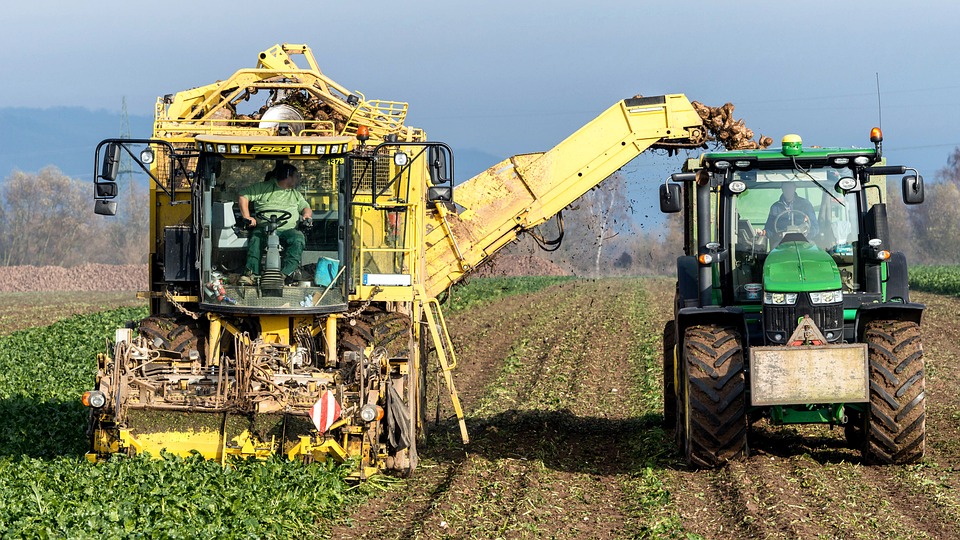Artificial Intelligence (AI) has been a hot topic in recent years, with advancements in technology allowing machines to perform tasks that were once thought to be exclusive to humans. While AI has the potential to revolutionize industries and improve efficiency, there are growing concerns about the impact it will have on jobs and the economy.
One of the main concerns surrounding the rise of AI is the potential for job displacement. As machines become more capable of performing tasks that were previously done by humans, there is a fear that many jobs will become obsolete. According to a report by the McKinsey Global Institute, up to 800 million jobs could be lost worldwide by 2030 due to automation.
The impact of AI on jobs will vary depending on the industry. For example, jobs in manufacturing, retail, and transportation are at a higher risk of being automated, while fields like healthcare and education are less likely to be affected. While some new jobs will be created as a result of AI, there is a concern that they may not be enough to offset the jobs lost.
The economic impact of AI is also a topic of concern. On one hand, AI has the potential to boost productivity and drive economic growth. According to a report by PricewaterhouseCoopers, AI could contribute up to $15.7 trillion to the global economy by 2030. However, this economic growth may not be evenly distributed, leading to income inequality and a widening wealth gap.
Another concern is the potential for AI to disrupt entire industries, leading to job losses and economic instability. For example, the rise of online retail and automation in the manufacturing sector has already had a significant impact on traditional brick-and-mortar stores and factory workers. As AI continues to advance, more industries could be at risk of disruption.
To address these concerns, policymakers and companies need to take proactive measures to ensure that the benefits of AI are shared equitably and that workers are prepared for the changing job market. This may include investing in education and retraining programs, creating policies to support workers who are displaced by automation, and implementing regulations to ensure that AI is used responsibly and ethically.
While the rise of AI presents challenges for the job market and the economy, it also offers opportunities for innovation and growth. By understanding the impact of AI and taking proactive steps to address its potential risks, we can help ensure that AI benefits society as a whole. Ultimately, the key is to strike a balance between harnessing the power of AI for economic growth and ensuring that workers are not left behind in the process.




